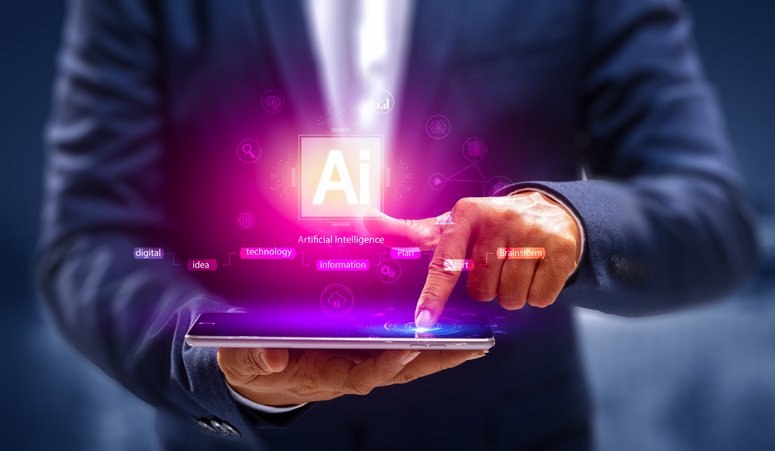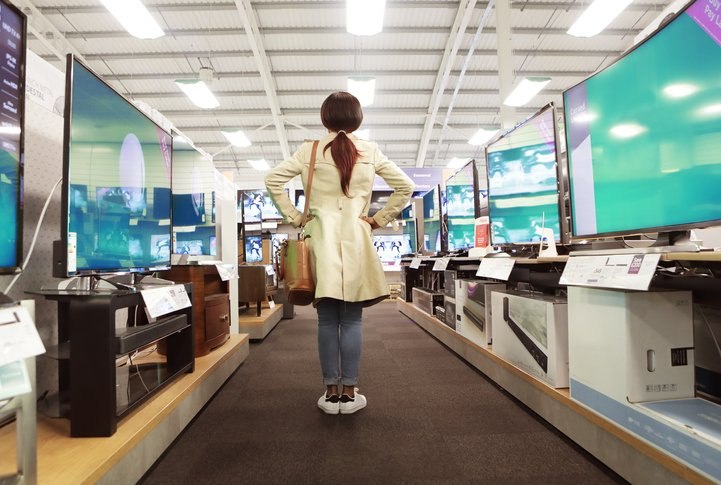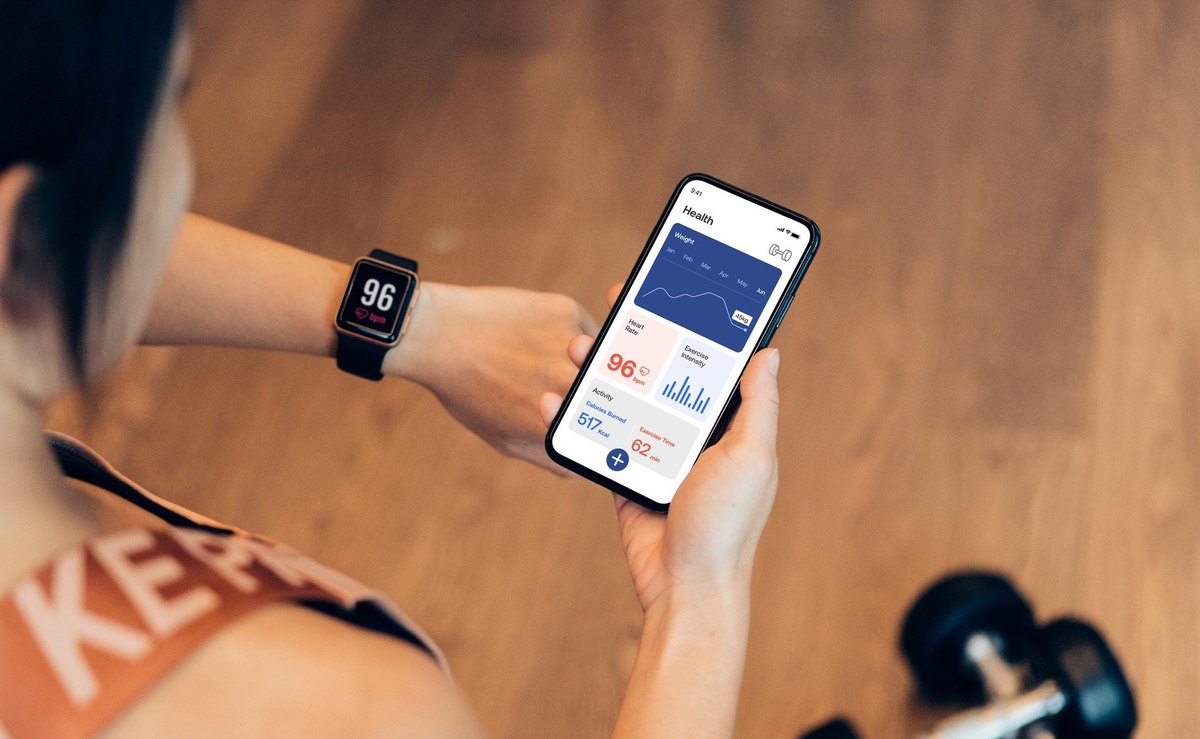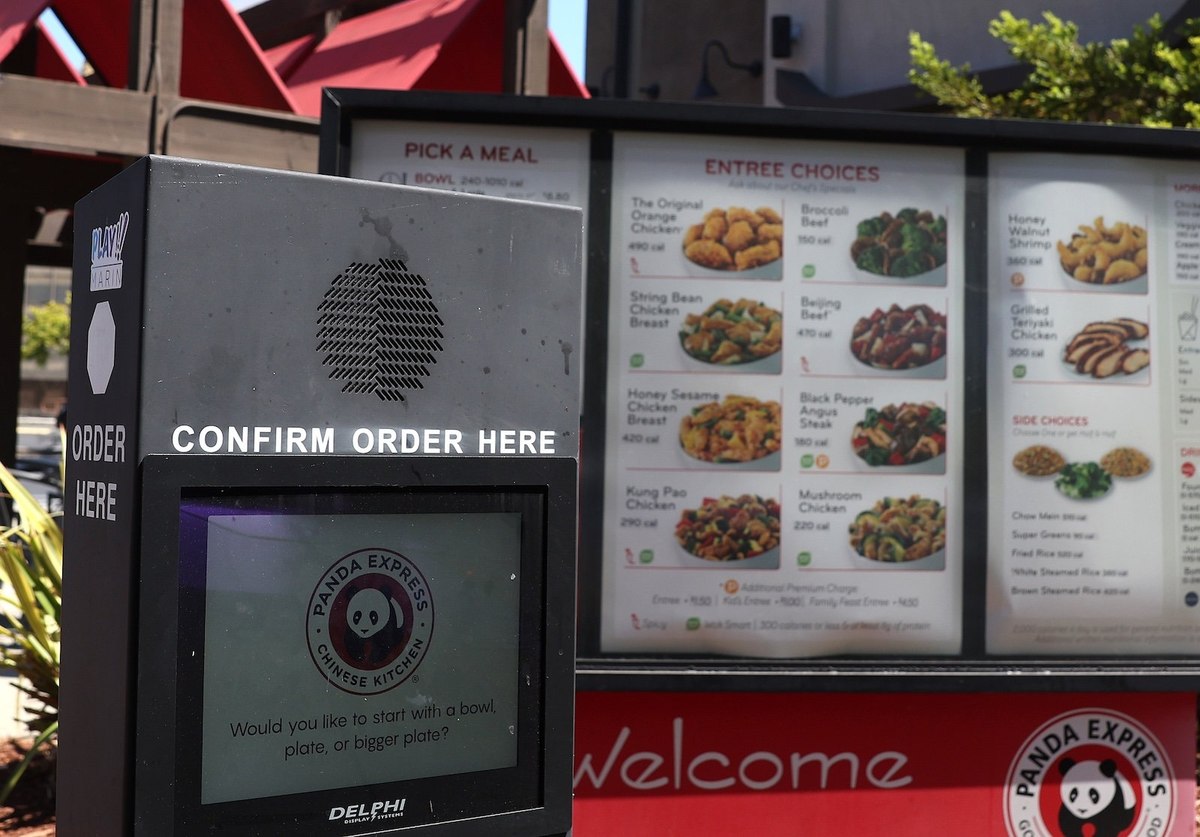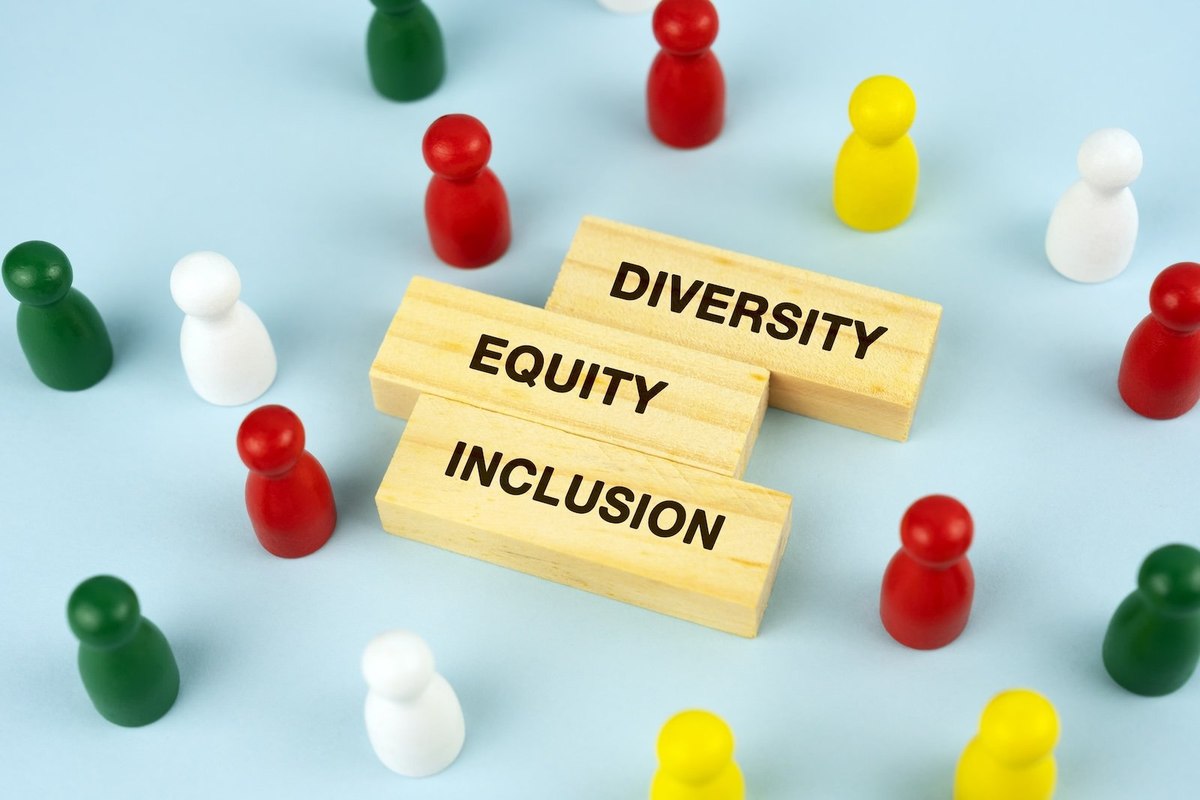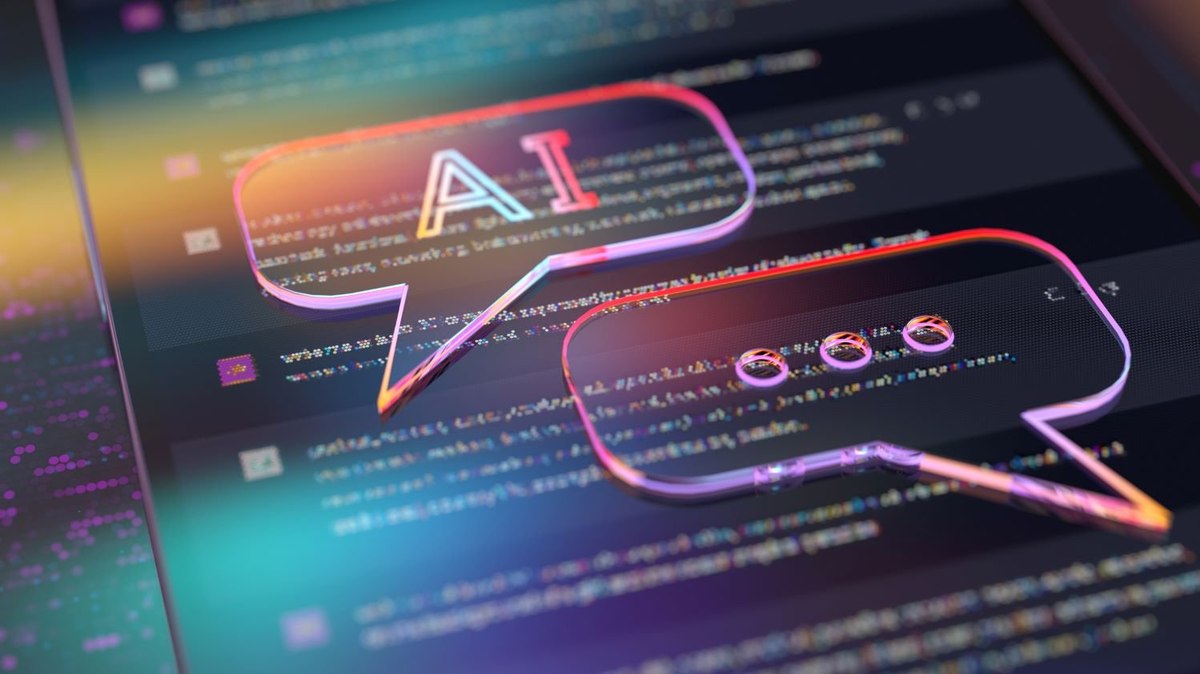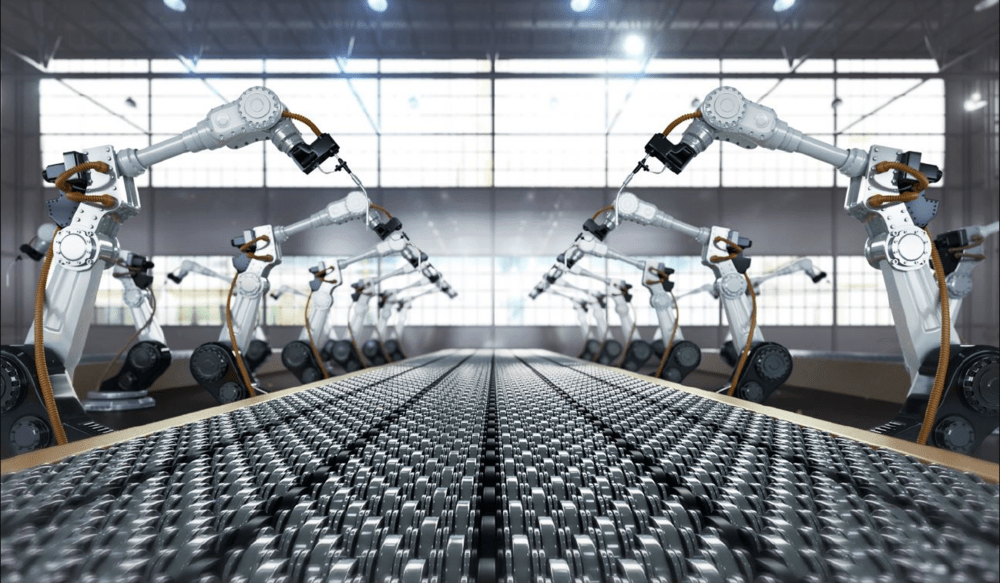
AI in the spotlight: Unveiling public perceptions and predictions
In a year dominated by the generative AI frenzy, several technology companies stand to benefit from the explosion in demand. Chipmakers serving the AI market such as Ambarella and Nvidia are performing particularly well, with the latter emerging as a standout on the S&P 500 index with 222% year-to-date growth.
With the convergence of AI technology and daily life upon us, at least for now, consumer perceptions about its implications have become a topic of intrigue.
YouGov has been polling the American public on their views towards AI in recent months and we’ve collected the results in one place to get a better picture of AI’s perceived impact on society across various dimensions of life such as work, companionship and entertainment.
Will AI make life easier or harder?
A core question in the minds of consumers is whether AI would ultimately make life easier or more challenging. From the potential to streamline tasks to automating routines and enhancing decision-making processes, the promise of AI’s potential convenience and efficiency appears to be winning people over.
A poll from the end of last year (December 2022) reveals nearly two in five (39%) of US consumers believe AI is making their life easier. One in 10 (10%) believe life is made harder and a fifth (26%) think it doesn’t make much of a difference either way.
Younger Americans, particularly those aged 18-29 and 30-44, are significantly more likely to believe AI is making their life easier (49% and 57%, respectively).
Will AI create or displace jobs for humans?
Polling data shows a quarter (25%) of US consumers say the development of AI will lead to more jobs for people. Roughly a fifth (18%) of people believe AI will have no impact on job creation or job displacement.
The prevailing sentiment, however, tends to be that AI’s development and integration within companies will lead to a reduction of job roles. Nearly two-fifths (37%) of US consumers think the use of AI will lead to fewer jobs for people.
How often do people use AI tools?
Nearly half (48%) of workers employed full-time say they often use AI tools, including 26% who say they use it very often. A fifth (19%) indicate they don’t use it very often and an additional fifth (20%) never use it at all.
Is AI an existential threat?
A pervasive theme in films and books exploring AI is whether it will be a tool for progress or a technology that could threaten humanity. When asked about how concerned people were about the possibility that AI could end the human race on earth, Americans tend to be pessimistic.
More than two in five (46%) say they were very or somewhat concerned about a potential AI doomsday while a little greater than a third (37%) seem unperturbed about this possibility. Furthermore, a tenth of Americans say they consider this scenario to be impossible.
To put this into context, we asked about other various causes that could pose an existential threat to humans and AI ranks fifth behind larger greater concerns for nuclear weapons, world war, a pandemic and climate change.
It does, however, rank above an act of God, asteroid impact, the global inability to have children and an alien invasion.
Can AI companionship be just as meaningful as human friendship?
As AI technology becomes increasingly sophisticated and its conversation capabilities more natural and intuitive, humans can potentially form emotional bonds with digital companions.
It’s a theme explored in Spike Jonze’s “Her” which presented a vision for a world where AI was capable of deep empathy and emotional connection to humans and were seen as companions rather than as mere tools.
When asked to compare the meaningfulness of friendships with AI bots compared to in-person friendships, a slim majority (53%) say they tend to be less meaningful. More than a tenth (12%) of consumers think friendships with AI companions are just as meaningful and a similar proportion (13%) consider them even more meaningful than offline friendships.
AI companionship has a chance of becoming popular in the near future, especially among young adults. Americans aged 18-29 are nearly twice as likely as the overall public to say AI companionship is just as meaningful (24%) as human friendship or even more meaningful (22%).
Who should own AI art?
Creatives and those looking for creative design solutions have used AI art generator tools to produce art in recent years — but who should be able to own or copyright that art?
The question of who owns art created by AI is complex and one that is still being addressed in this developing area.
Even among the public, opinions are divided with no clear idea winning out. A YouGov poll conducted in June 2023 shows that two in five (39%) Americans don’t know what to make of the topic.
A quarter (24%) of Americans are of the opinion that the user of the AI program, who provided the input for the AI to create the art should own the rights. In another camp is a fifth (18%) of Americans who hold that the creator of the AI program who made the art should own it.
An additional fifth (18%) think that AI art can’t be owned since the art was made by an AI program and not a human and therefore belongs to the public domain.
How open are people to watching movies made by AI?
Generative AI may have a future in entertainment, particularly writing movie scripts. A poll of more than 9,000 US adults in August 2023 revealed that more than a tenth (13%) of people would “definitely” watch a movie produced by a major studio and based on a script written in part by AI.
Roughly a third (35%) say they probably would do so, making it close to half (48%) who show willingness to watch such a movie. Roughly three in ten (28%) say they would “probably” or “definitely” not watch a movie written by AI.
